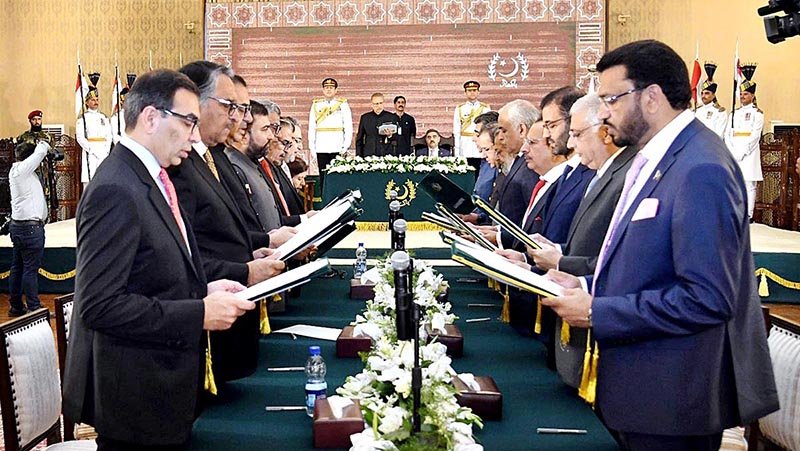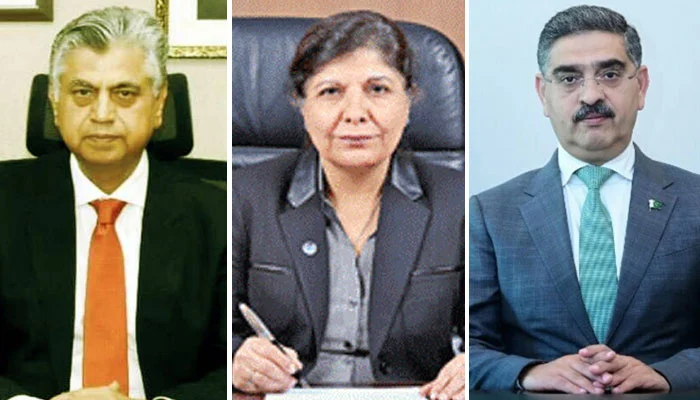The caretaker government of Punjab, a province in Pakistan, has taken the decision to suspend the sentence of former Prime Minister and leader of the Pakistan Muslim League-Nawaz (PML-N), Nawaz Sharif, in the Al-Azizia reference case. This development comes as a significant turn of events in the ongoing legal proceedings against Nawaz Sharif.
The decision to suspend Nawaz Sharif’s sentence was made by the Punjab Cabinet through a circular resolution, and the Information Minister for Punjab, Aamer Mehmood, has confirmed this decision. The resolution is based on the utilization of constitutional powers, allowing the government to suspend the sentence, invoking Section 401 of the Criminal Procedure Code.
Section 401 of the Criminal Procedure Code grants the government the authority to pardon or suspend the sentence of any convict. In this case, the government of Punjab has chosen to exercise this authority, effectively suspending Nawaz Sharif’s sentence. Notably, this is the second time Nawaz Sharif’s sentence in the Al-Azizia reference case has been suspended under Section 401, the first being in 2019, before his departure for medical treatment in London.
The decision to suspend the sentence raises questions and discussions about the legal and political landscape in Pakistan. Nawaz Sharif’s legal battles have been a focal point of the country’s political discourse, and his interactions with the legal system have had reverberations across the political spectrum.
While the suspension of Nawaz Sharif’s sentence may be viewed by some as a sign of leniency, it is essential to remember that the exercise of Section 401 of the Criminal Procedure Code is a legally permissible action by the government. Such decisions fall within the framework of the rule of law and the legal system in Pakistan.
The move is expected to have political implications, particularly in the context of Pakistan’s ever-evolving political landscape. Nawaz Sharif remains a prominent figure in Pakistani politics, and his legal proceedings have been closely followed by his supporters and opponents alike.
As this development unfolds, it will be interesting to see how it impacts the political discourse in Pakistan and how various political parties and stakeholders react to this decision. The suspension of Nawaz Sharif’s sentence in the Al-Azizia reference adds another layer of complexity to the ongoing political and legal narratives in the country.



